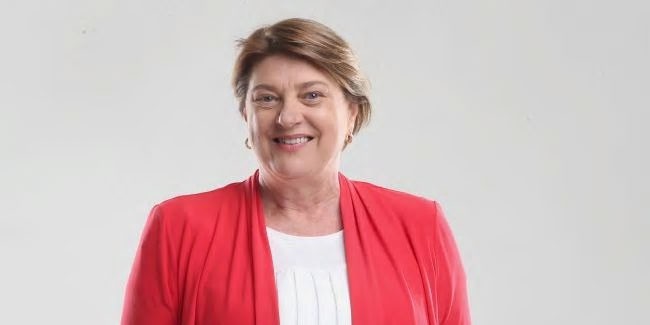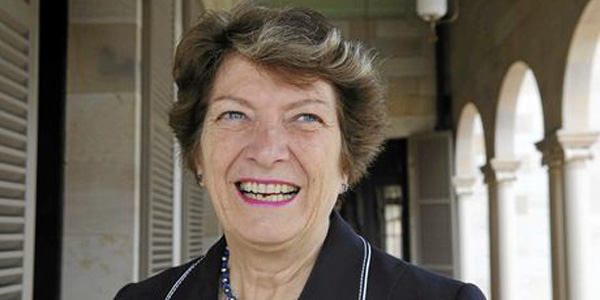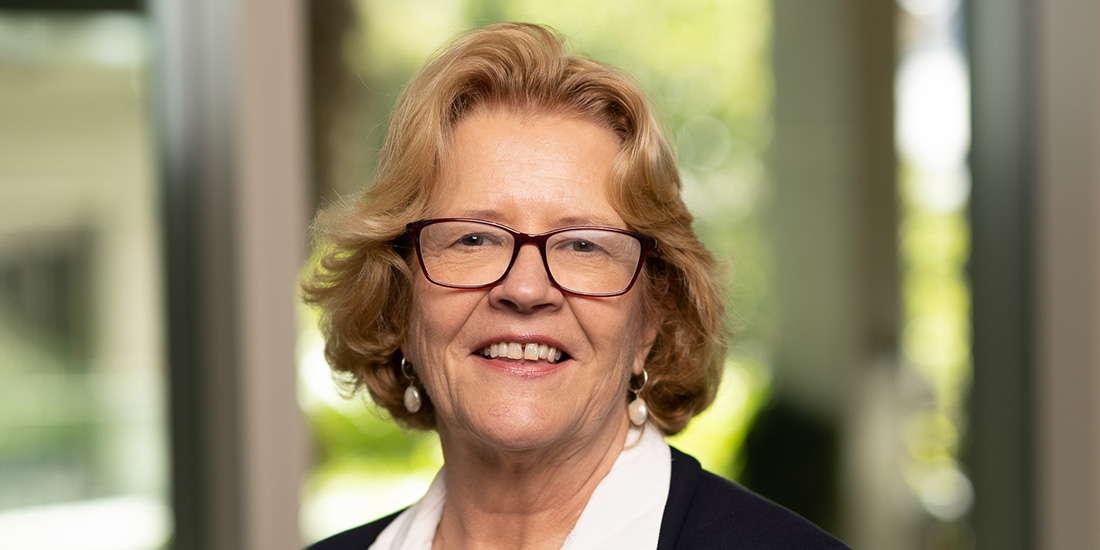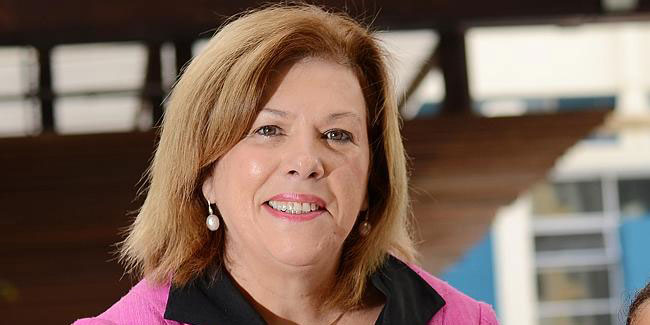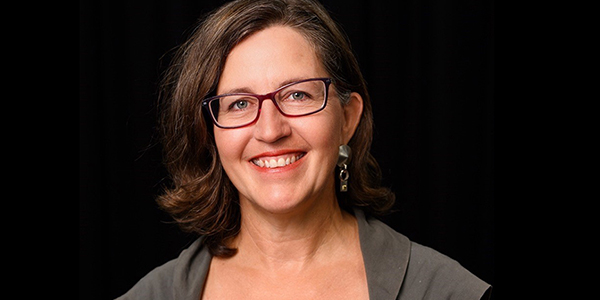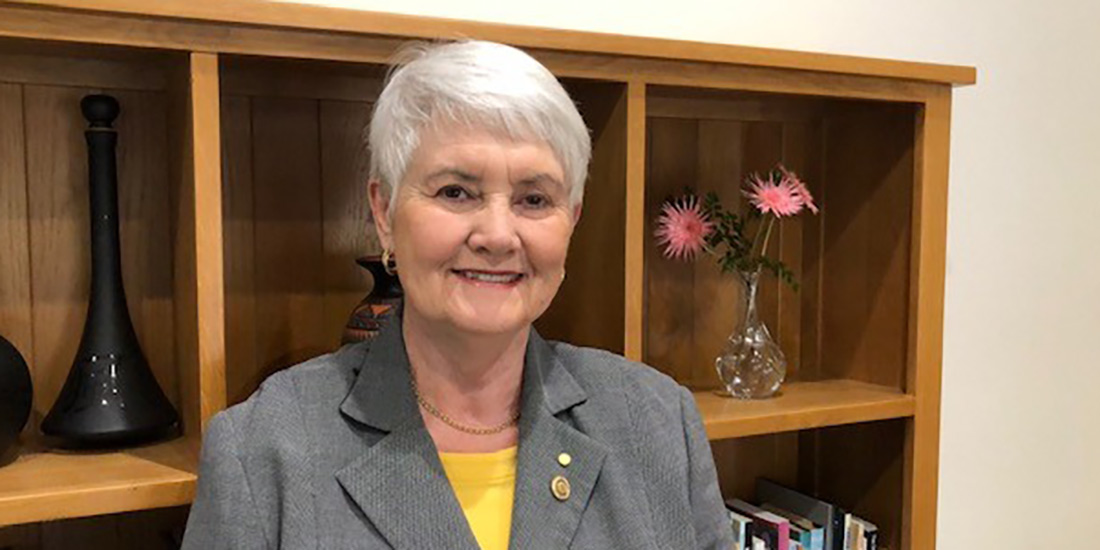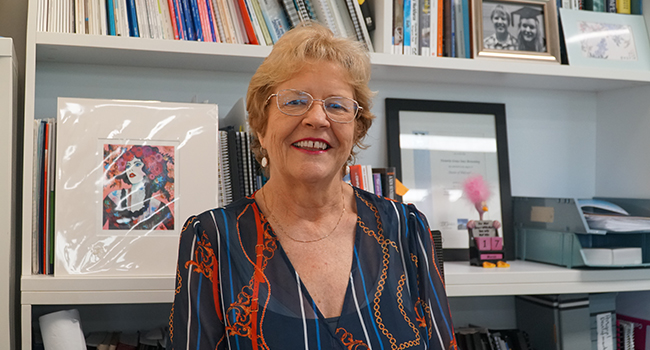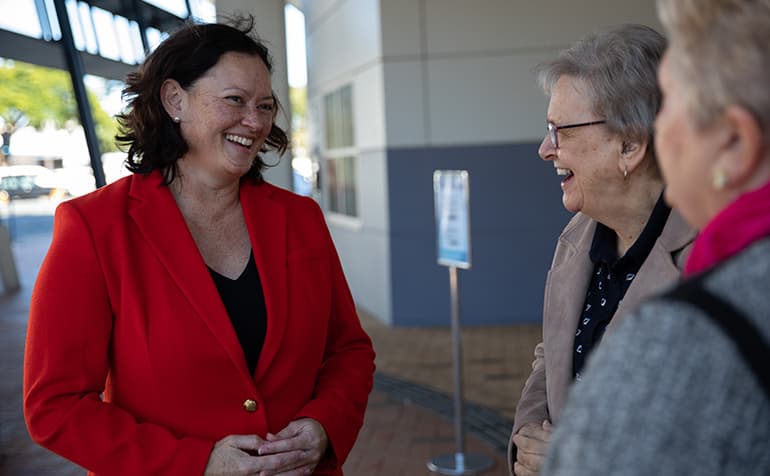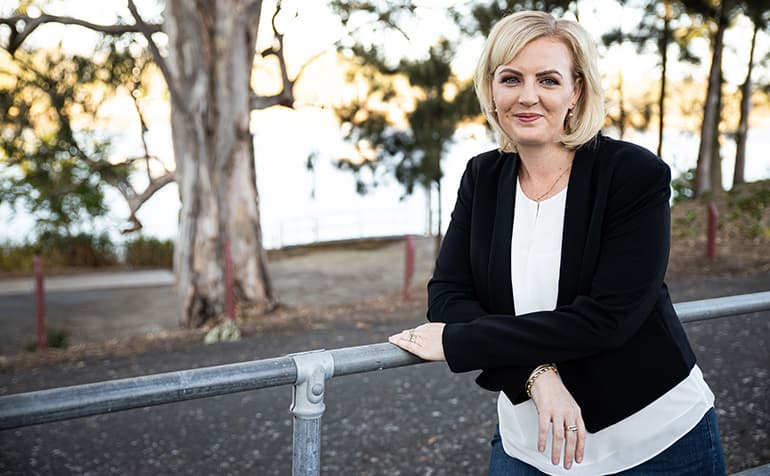Program history
Pathways to Politics for Women is an initiative of the Trawalla Foundation, Women’s Leadership Institute Australia and the University of Melbourne.
Inspired by the Harvard Kennedy School’s “From Harvard Square to the Oval Office” practicum, Pathways to Politics was initiated through the vision of Carol Schwartz AO, Chair of the Trawalla Foundation, who fundamentally believes in the value of more female leaders. For Carol this is about optimising outcomes for our country by ensuring that men and women together share power, leadership and decision making.
The foundational Pathways to Politics program launched at the University of Melbourne in 2016, followed by programs at QUT in 2019, UNSW in 2021, Charles Darwin University in 2022, the University of Adelaide and University of Canberra in 2023, and the University of Western Australia and University of Tasmania in 2024.
This network is led by the National Co-Convenors Sarah Buckley, CEO of the Trawalla Foundation, and Dr Meredith Martin, Director of the University of Melbourne’s Pathways to Politics program. Each state/territory program also receives strategic support and guidance from a local steering or advisory committee, drawing on the expertise of senior university representatives, politicians and Pathways alums.
Find out more information about the Pathways to Politics national network and current electoral successes at pathwaystopolitics.org.au.




